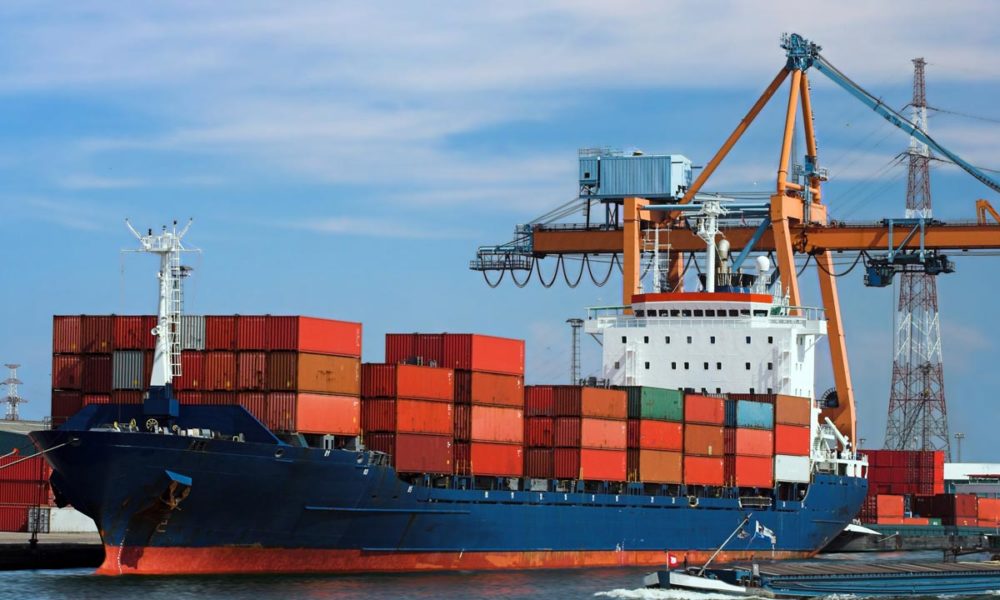Economy
Nigeria’s Intra-African Trade Surges by 40.8% in H1 2023

Nigeria‘s trade with the rest of Africa rose by 40.8 percent year-on-year in the first half of 2023 (H1’23), soaring to N1.839 trillion from N1.306 trillion in the corresponding period of 2022 (H1’22).
This resurgence marks a decisive departure from the declining trend observed in the nation’s intra-African trade since 2020, in terms of value.
Recent data sourced from the National Bureau of Statistics (NBS) reveals that Nigeria’s intra-African trade in H1’21 stood at N1.47 trillion, accounting for a significant portion of the total foreign trade of N21.79 trillion during the same period.
Similarly, in H1’20, the country’s intra-African trade stood at N1.67 trillion, contributing to the N14.55 trillion total foreign trade recorded within that period.
The NBS data pertaining to Nigeria’s external trade with the rest of Africa also highlights the expanding influence of intra-Africa trade when compared to the nation’s overall foreign trade in the past three years.
The N1.839 trillion recorded in H1’23 represents a substantial 7.42 percent of the total foreign trade, which amounted to N24.789 trillion during the period.
In comparison, the N1.306 trillion recorded in H1’22 accounted for 5.05 percent of the N25.843 trillion total foreign trade during that period.
In H1’21, N1.47 trillion represented 6.75 percent of the total foreign trade of N21.79 trillion, while in H1’20, the N1.67 trillion recorded contributed a significant 11.48 percent to the N14.55 trillion total foreign trade for that period.
It is noteworthy that Nigeria’s trade with the rest of the African continent in H2’2022 reached N2.095 trillion, constituting 8.98 percent of the total foreign trade of N23.32 trillion within the same period.
On an annual basis, Nigeria’s intra-African trade volume had been steadily declining since 2021 when the African Continental Free Trade Area (AfCFTA) was initiated. In 2020, the percentage of Nigeria’s intra-African trade stood at 11.03 percent, but it progressively dwindled to 7.46 percent in 2021 and further dropped to 6.5 percent in 2020. This trend reflects a relatively sluggish start for the AfCFTA.
It’s worth noting that Nigeria is not among the African countries that have commenced trading under the Guided Trade Initiative (GTI) of the AfCFTA.
According to Mrs. Odiri Erewa-Meggison, Chairperson of the Manufacturers Association of Nigeria’s Export Promotion Group (MANEG), Nigeria’s absence from the initial GTI batch stems from the fact that the minimum requirements for participation had not been met at the program’s outset.
In contrast, eight countries—Rwanda, Cameroon, Egypt, Ghana, Kenya, Mauritius, Tanzania, and Tunisia—have already begun operations under the GTI, having satisfied the necessary prerequisites for trade under the agreement.